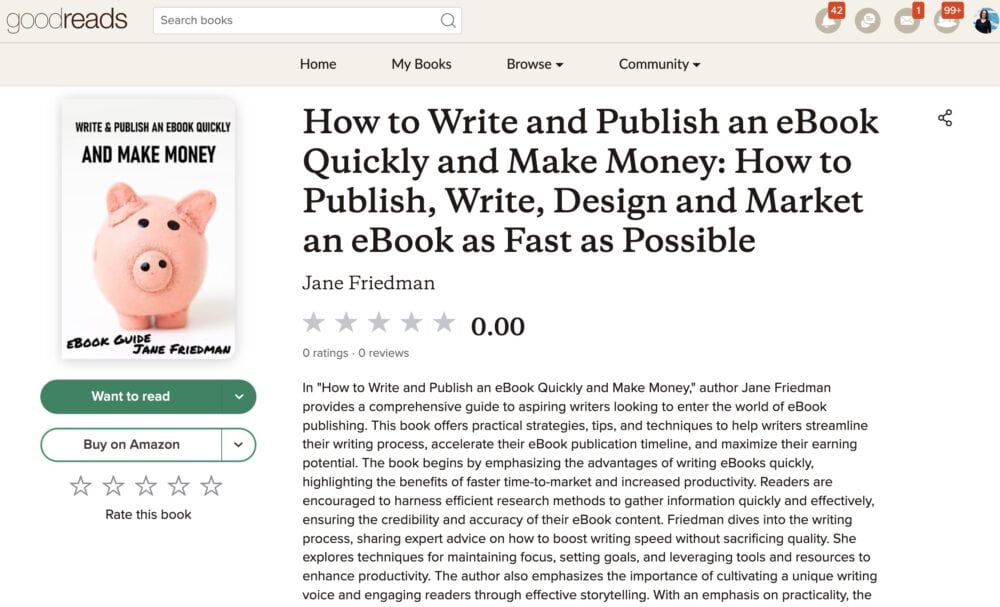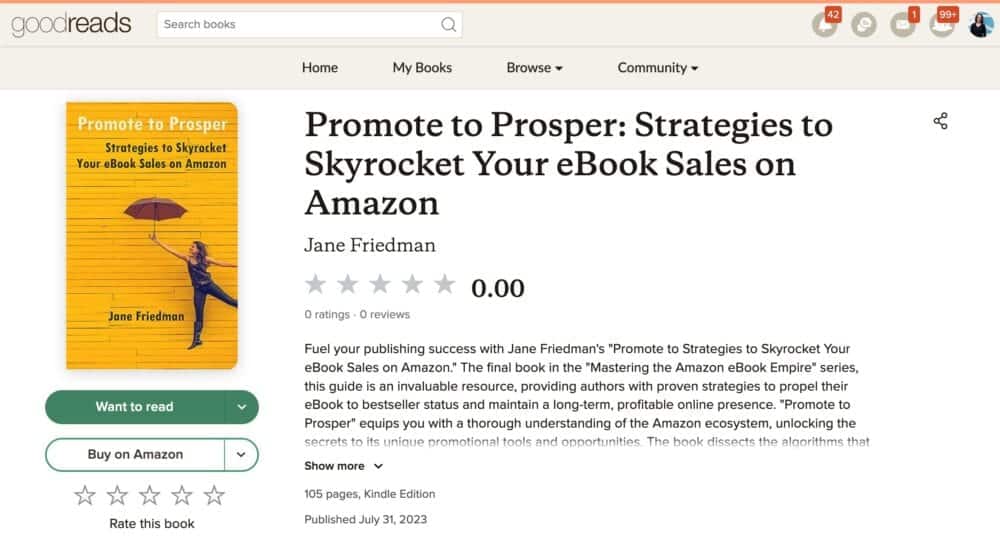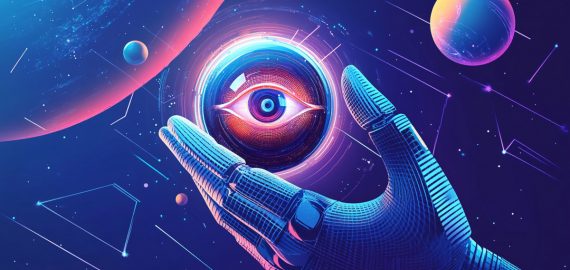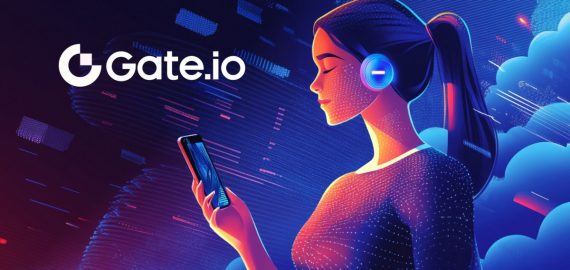The Rise of AI-Generated Literature Presents Fresh Challenges for Writers
In Brief
The introduction of literature created by AI has sparked notable challenges and issues for authors in the writing community. These texts are generated by AI systems trained on extensive collections of written material, allowing them to replicate both the style and substance of established authors without offering the due acknowledgment.
The dilemma was brought to light by author Jane Friedman, who found multiple AI-generated books inaccurately attributed to her name on Amazon.
Friedman's situation underscores the imperative for writers to protect their creations, secure trademarks for their names, and officially register their copyrights to combat the threats posed by these AI-generated publications.

Numerous esteemed authors contribute their writings to the training datasets of AI programs. This enables these programs to craft text imitating the style and essence of established authors while neglecting to credit them.
Such scenarios could endanger the intellectual property rights of authors, enabling their work to be reproduced and disseminated without consent. Moreover, it creates confusion for readers, who might struggle to differentiate between a book authored by a human and one produced by AI. Still, these challenges are just the tip of the iceberg regarding what AI brings to the literary scene.
Misattributed Books on Amazon Stir Concerns Among Authors
Earlier this week, author Jane Friedman stumbled upon six AI-generated books misattributed to her on platforms like Amazon and Goodreads. Friedman, who has penned several titles related to the publishing landscape, described the works as 'subpar content' and viewed them as an attempt to capitalize on her established name and credibility.
"Having blogged since 2009, much of my content is publicly accessible for AI training. The instant I skimmed through the first pages of these fraudulent texts, it felt like reading my own ChatGPT outputs,\"
she wrote in a blog post .
The three counterfeit titles attached to Jane Friedman suggested they were guides on helping authors produce and market successful eBooks on Amazon. These titles included:
- Your Comprehensive Guide to Writing a Bestseller eBook for Amazon
- Publishing Power: Mastering Amazon’s Kindle Direct Publishing
- Promote to Prosper: Strategies to Boost Your eBook Sales on Amazon


Friedman reached out to Amazon to have the misleading titles removed, but initially, the company declined her request. Amazon claimed they couldn’t act since she hadn’t registered a trademark for her name. Nevertheless, after Friedman raised the issue on Twitter, the e-commerce giant finally complied and removed the books.
The author believes that her established presence and respect in the literary community were crucial to Amazon’s decision to take down the falsely attributed works. Still, she worries that this alarming trend spells trouble for writers moving forward. Friedman tweeted , \"How long will it be before something like this occurs again? What about authors lacking the platform to raise such alarms like I do?\"
This incident brings to light the new hurdles that AI-generated texts present to writers today. Traditionally, authors relied on copyright laws to shield their work from unauthorized duplication. However, since AI-generated texts don't qualify as original authorship, they fall outside the protection of copyright laws. As a result, anyone can create and publish an AI-driven book with no need for the author's consent.
Friedman's experience serves as a reality check for writers. The emergence of AI-generated literature is a rising threat to the publishing sector, prompting authors to adopt protective measures. This encompasses trademarking their names and officially registering their copyrights. It’s also vital for writers to actively monitor their works online and report any unauthorized usage to retailers like Amazon. Ideally, companies such as Amazon will implement effective strategies to mitigate the distribution of what Friedman refers to as 'garbage books.'
The Implications of AI-Generated Literature: Quality, Theft, and Author Income
Platforms like ChatGPT have made it remarkably easy to create books quickly, leading to growing concerns regarding their quality and authenticity. The influx of AI-authored literature spans across various genres, with children's books featuring illustrations gaining traction. This trend has the potential to significantly alter the traditional publishing landscape and may dissuade aspiring writers.
AI-generated texts pose various complications for authors. One major issue is that individuals can craft and market low-quality, machine-written works that mimic genuine authors' styles. The ramifications may confuse readers, who may not easily differentiate between authentic writing and AI-generated content.
Another problem lies in the risk of AI-generated works infringing on the intellectual property of real authors. These AI systems, trained on extensive bibliographic data, often produce text closely echoing established writers' works without granting appropriate credit.
Lastly, the proliferation of AI-generated literature may threaten the livelihoods of authors. Given their ability to create content quickly and inexpensively, there's a substantial risk that the demand for human-generated literature could dwindle, making it increasingly difficult for authors to sustain their careers. create books Mary Rasenberger from the Authors Guild
spoke about the danger of reducing book writing to a mere commodity due to AI automation, advocating for openness from both authors and publishers. Author Chris Cowell shared concerns about the rising competition and AI-driven reproductions impacting specialized technical publications. While AI-generated content promises efficiency, it also raises alarms about bland, inaccurate, and emotionally sterile writing. Thus, a genuine conflict emerges between harnessing AI for convenience and retaining the unique creative spark that human writers infuse into their works. emphasized Last month, more than 8,000 authors, including notable names like Jennifer Egan, Nora Roberts, Jodi Picoult, and Margaret Atwood,
sent a letter to the CEOs of OpenAI, Alphabet, Meta, Stability AI, and IBM, urging them to seek consent, provide credit, and compensate writers fairly for employing their copyrighted work in generative AI initiatives. signed an open letter The authors contend that generative AI threatens the viability of writers since it can generate low-quality, machine-produced literature, narratives, and journalistic content derived from their original creations. They further argue that generative AI relies on copyrighted resources, such as books, articles, essays, and poetry, for its training processes, and therefore, authors deserve to be compensated for their contributions.
The author of a new children's book, “Alice and Sparkle,” received death threats due to her use of AI technology.
Read more:
- Netflix is Offering Up to $900,000 for AI Management During Ongoing Actors and Writers’ Strikes.
- The Writers Guild of America is considering allowing AI to draft scripts for Hollywood projects.
- The Creators Behind The New Marvel Series Utilized a Neural Network — and Unleashed Controversy.
- , please keep in mind that the content on this page is not intended to serve as, nor should it be construed as, legal, tax, investment, financial, or any other form of advice. It’s crucial to invest only what you can afford to lose and to seek independent financial guidance if you have any uncertainties. For additional insights, we recommend checking the terms and conditions along with the help and support resources provided by the issuer or advertiser. MetaversePost aims for accurate, unbiased reporting, yet market fluctuations can occur without prior notice.
Disclaimer
In line with the Trust Project guidelines Agne is a journalist dedicated to documenting the latest trends and advancements in the metaverse, AI, and Web3 sectors for the Metaverse Post. Her enthusiasm for storytelling has led her to conduct numerous interviews with field experts, consistently searching for captivating narratives. Agne holds a Bachelor’s degree in literature and has a robust background in writing across a diverse array of subjects including travel, art, and culture. She has also volunteered as an editor for an organization focused on animal rights, raising awareness about welfare issues. Reach out to her at







